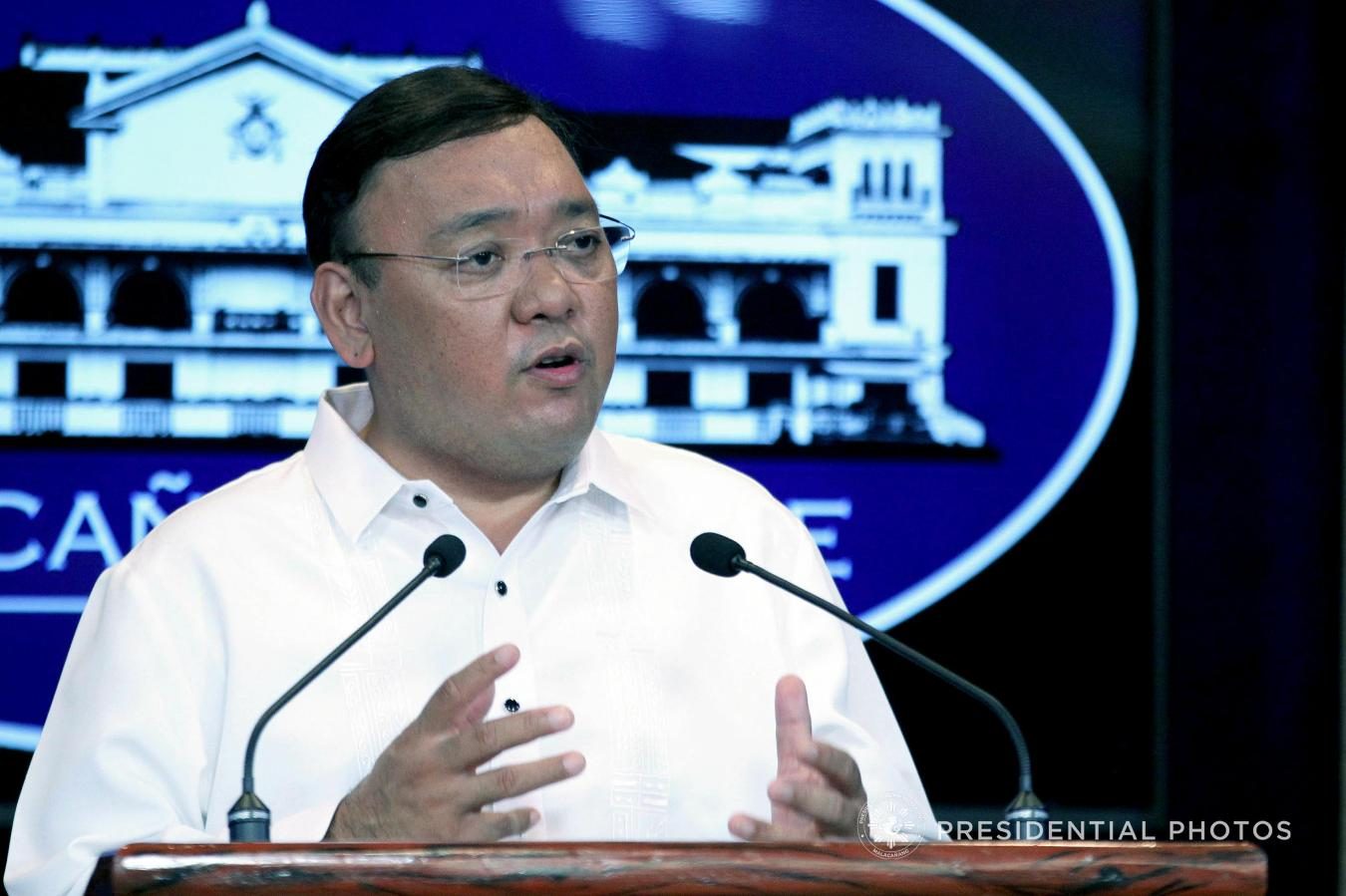Headline
Palace hails PH’s ‘very high’ UN e-Participation ranking

“We welcome the results of the 2018 United Nations E-Participation Index (EPI) where the Philippines scored a ‘very high EPI,’” Presidential Spokesperson Harry Roque said in a Palace briefing. (PCOO file photo)
MANILA — Malacañang on Monday welcomed the “very high” ranking scored by the Philippines in the 2018 United Nations E-Participation Index where the country ranked 19th out of 193 countries.
Data from the UN E-Participation Index showed the Philippines leaping 48 notches to 19th from the 67th ranking it posted two years ago.
“We welcome the results of the 2018 United Nations E-Participation Index (EPI) where the Philippines scored a ‘very high EPI,’” Presidential Spokesperson Harry Roque said in a Palace briefing.
“Specifically, the country ranked 19th out of 193 countries. This is a huge improvement compared to the country’s 2016 EPI rank of 67,” he added.
Roque said EPI specifically measures the government’s efforts in using online services/tools to enhance access to information and public services, and to promote better public policy decision-making.
He, meanwhile, expressed hope that the Philippines will get a “better ranking” with the passage of the Ease of Doing Business and Efficient Government Service Delivery Act.
Last May, President Rodrigo R. Duterte signed Republic Act (RA) 11032 or the Ease of Doing Business (EODB) and Efficient Government Service Delivery Act of 2018 which amends the RA 9485 or the Anti-Red Tape Act of 2007.
Under the new law, government agencies are required to process simple transactions within three days, complete transactions in seven days, and highly technical transactions in 20 days.
It will also limit to a maximum of three the number of signatories for applications for licenses, clearances, permits, certifications and authorizations.
Duterte said one of the most important features of the law is “the standardization of the processing time for government transactions.”
Coffee self-sufficiency
Roque, meanwhile, lauded the decision of the Department of Agriculture (DA) to allot PHP354.6 million to boost the country’s coffee production to 214,626 metric tons by year 2022.
He described this effort as “part of the goals of the Philippine Coffee Industry Roadmap 2017-2012 in achieving to make the country coffee self-sufficient.”
According to Roque, this roadmap is a collaboration between the DA and the Department of Trade and Industry (DTI) meant to help coffee farmers attain inclusive growth through a value chain approach.
It will also increase and sustain yields and incomes, improve farm productivity and enhance farmer’s capabilities and skills.
DA Secretary Emmanuel Piñol said his agency is also exerting effort to ensure that both traditional and additional interventions that are in line with the coffee roadmap are sufficiently funded.

